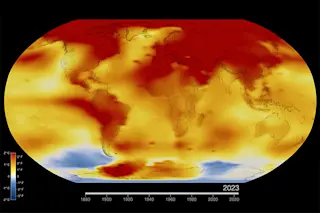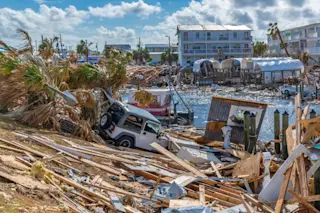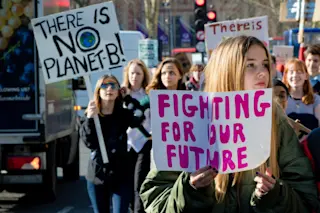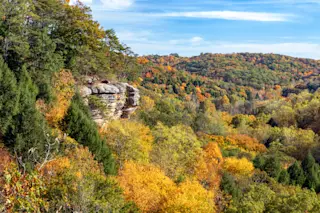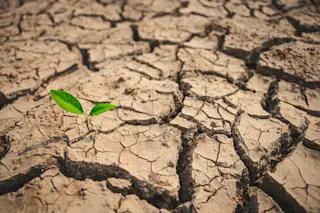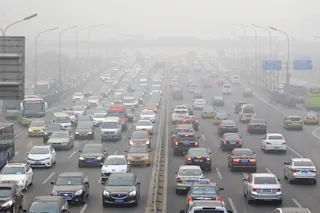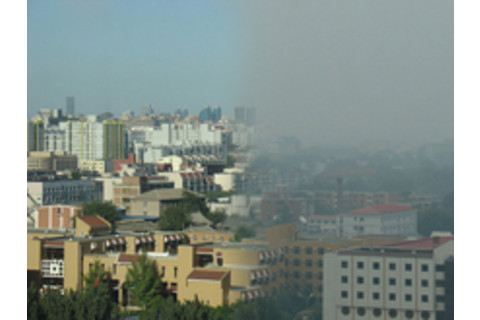
The Olympics have come and gone amid a flurry of panic over the air quality in Beijing. But now that the athletes are packed up and boarding planes, we have a consensus: The air wasn't nearly as bad as everyone feared. We described last month how the Chinese government closed down factories near Beijing and only allowed cars on the road every other day. Months into the clean air diet and billions of dollars later, Beijing set a record of its own: It had eight straight days of “excellent” air, the longest stretch of good weather the city has seen in a decade. The blue skies may actually have been a matter of luck, as most of the pollution in Beijing comes from industries in the south rather than the city itself. Still, there's a downside: Some reports have suggested that the cleaner air may actually increase the effects of global warming on the city, because now the sun can cut right through the smog. “It's a scary thought: In making our air cleaner, we could be making the planet warmer,” writes Bryan Walsh in Time. Still, now that the games are concluded, China says it will continue to spend money to clean up the air. They just set up a pilot plant to sequester 3000 tons of carbon dioxide a year. If the Chinese want to have a continued flow of tourists even after the games, then they had better keep the skies blue. But are they ready to slow their industrial growth? Image:
flickr/ Ulrich Thumult


